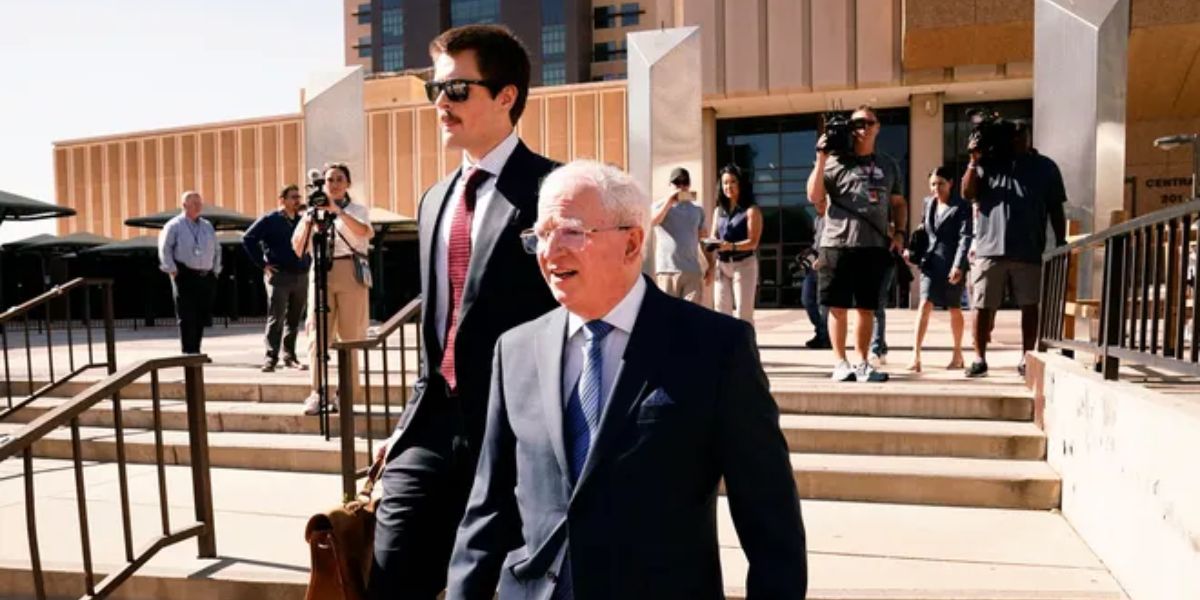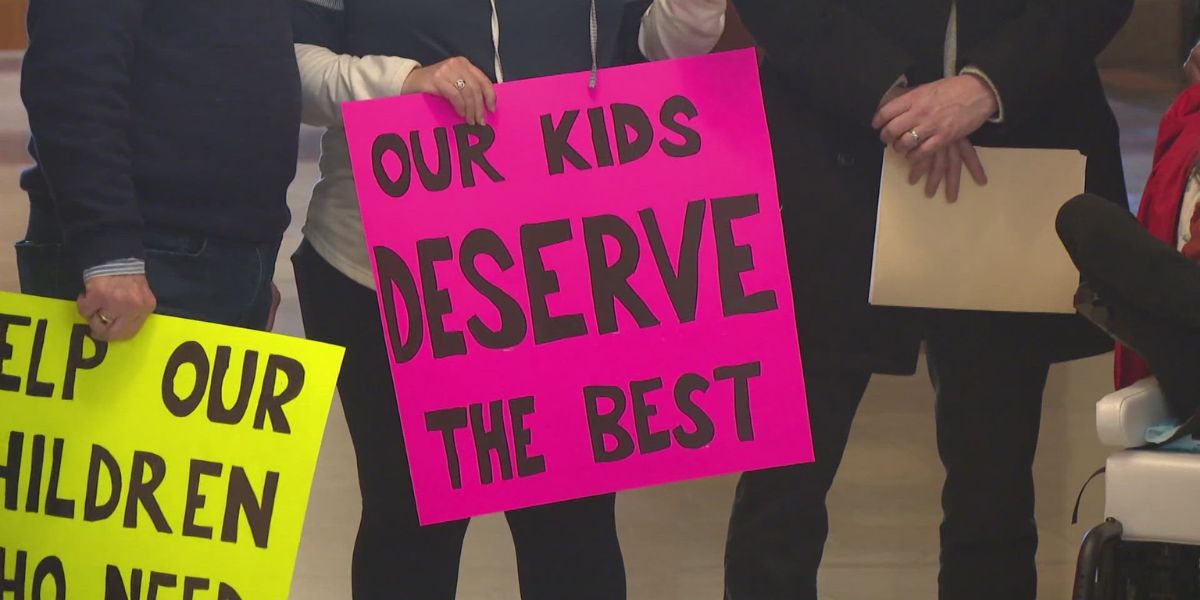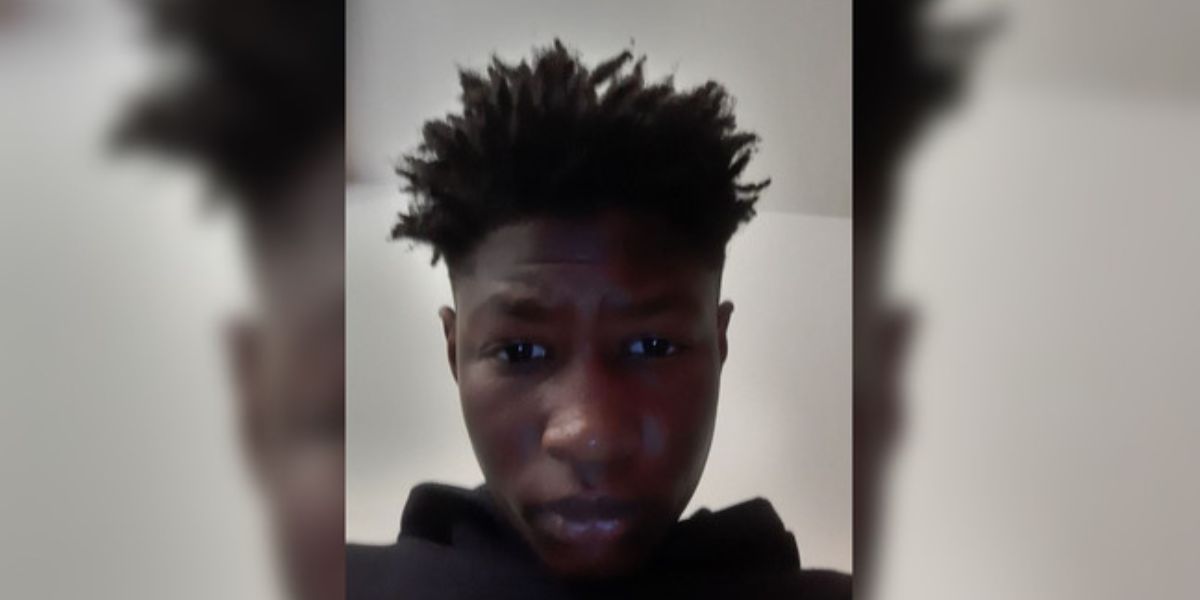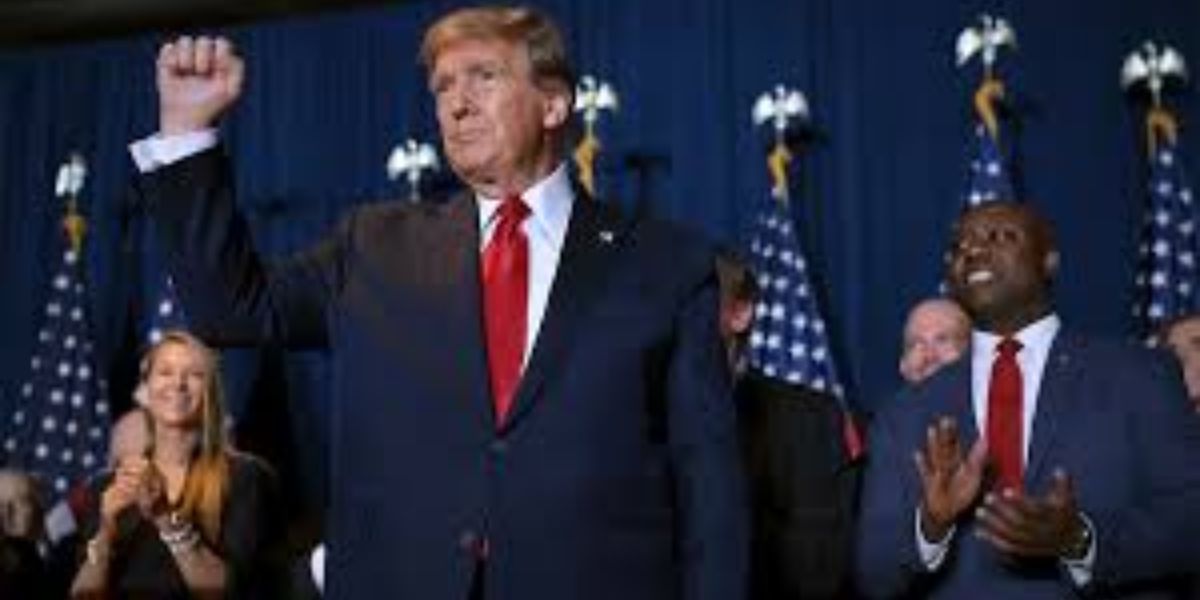Trump’s Latest Move: Appeals to Georgia Court for Charges Dismissal Under First Amendment
DEBARYLIFE – On First Amendment grounds, former president Donald Trump and his co-defendants in the Georgia election interference case have requested permission from the judge to appeal the charge against them.
Together with 14 co-defendants, Trump filed a joint motion on Monday requesting permission to appeal Fulton County Superior Court Judge Scott McAfee’s April 4 order, which stated that the defendants’ “actions and statements” regarding the 2020 presidential election were not protected by the constitution and thus the charges should not be dropped.
While the court decided that the indictment cannot be dismissed, Trump and the defendants contend in their Monday brief that interlocutory appellate review of the defendants’ “vital constitutional protections” is “both prudent and warranted.”
“President Trump and the other unjustly accused defendants have jointly filed a motion requesting the Court to grant a certificate of immediate review of its Order denying their pretrial First Amendment challenges,” Steve Sadow, the president’s attorney, said in a statement
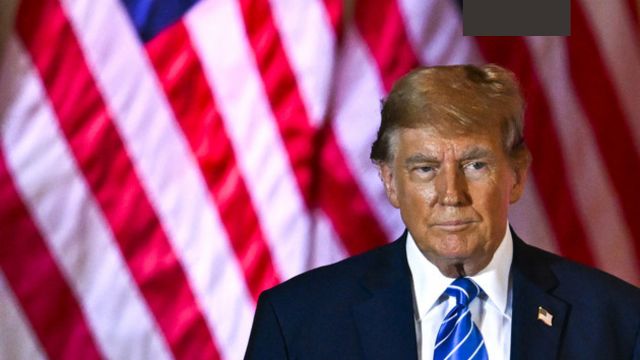
The motion effectively conveys the incorrect criminalization of fundamental political speech and expressive behavior that are safeguarded under the First Amendment by the indictment. Without a strong and unrestricted right to free speech, democracy cannot exist. He stated that the Court’s Order is ready for pretrial appeal review for these and other reasons.
Following his April 4 order, McAfee has ten days to determine whether to allow the parties to appeal. The Georgia Court of Appeals or the Georgia Supreme Court will hear an appeal within ten days of that order, if he does.
SEE MORE: Trump Media CEO Devin Nunes Evades Inquiry on Profitability of Truth Social, What True Is!
A non-final order issued throughout the process of litigation may be appealed through an interlocutory appeal.
“It is wise to conduct interlocutory appellate review because, should the defendants’ challenges be successful, almost every count in the indictment against every defendant would be excluded. The brief says that it makes sense to resolve these outcome-determining issues before several drawn-out jury trials.
“Immediate appellate review is warranted because the challenges relate to Defendants’ core political, free speech rights in the context of then-ongoing aftermath of the 2020 Presidential election,” it reads.
“While Defendants cited a plethora of U.S. Supreme Court and U.S. Circuit Court cases supporting their position, no Georgia appellate courts have addressed whether the challenged Georgia statutes can survive the criminalization of Defendants’ core political speech.”
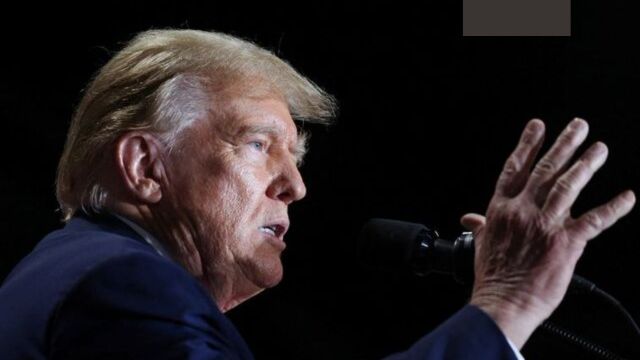
“Based on the more than 45+ (mostly U.S. Supreme Court) cases and historical precedent cited to the Court, Defendants believe their arguments are well-founded and fall squarely within the almost absolute First Amendment protections in the context of their core political speech regarding 2020 Presidential election contest,” it continues.
Fox News Digital spoke with former Atlanta prosecutor John Malcolm, who agreed with Trump and his legal team that his remarks on the 2020 election ought to be considered protected speech.
He noted that former President Trump “had a right, like every American,” to speak out about the election and even to falsely assert that he had won and that there had been outcome-determinative fraud during the election. Special prosecutor Jack Smith had made this observation at one point. He also had the right to legally contest the election’s outcome by using acceptable and legal channels, such as requesting state-level audits or recounts of the popular vote or bringing legal action against the ballots and processes.”
“Following the 2020 election, Donald Trump did exactly that,” stated Malcolm. “He and his legal group brought several lawsuits contesting the election. Along with speaking to lawmakers and other public figures in the states where he was running for office, Trump also shared his opinions about the election on social media and the bully pulpit.”
SEE MORE: Trump Faces Obstacles in Workforce Overhaul Due to Proposed Rule
Like everyone else, Donald Trump was entitled to use the First Amendment to voice his opinions and to file complaints with government authorities. After all, the First Amendment’s primary goal is to safeguard people’s ability to express themselves politically “added the speaker.
The conduct and remarks accused by the State are not protected by these essential constitutional rights, according to Judge McAfee’s ruling from last week, which came after carefully examining the lengthy briefing, the argument of counsel, and the indictment. Furthermore, the statutes do not inherently violate the First Amendment.”
“They argue this prosecution violates the First Amendment’s protections of political speech and activity, freedom of association, and the right to petition Congress as applied to their alleged conduct, and further contend that the indicted charges are overbroad,” he continued.
McAfee said that following an interpretation of the indictment “liberally in favor of the State as required at this pretrial stage, the Court finds that the Defendants’ expressions and speech are alleged to have been made in furtherance of criminal activity and constitute false statements knowingly and willfully made in matters within a government agency’s jurisdiction which threatens to deceive and harm the government.”
The Georgia RICO Act, the Racketeer Influenced and Corrupt Organizations Act, the solicitation of a public officer to violate oath, the conspiracy to commit forgery in the first degree, the conspiracy to commit false statements and writings, the conspiracy to commit filing false documents, and the conspiracy to commit forgery in the first degree are among the charges against Trump that were brought against him in August.



